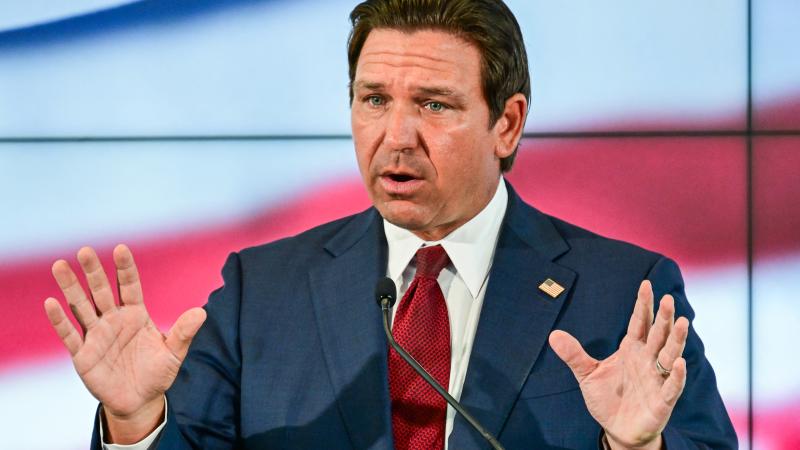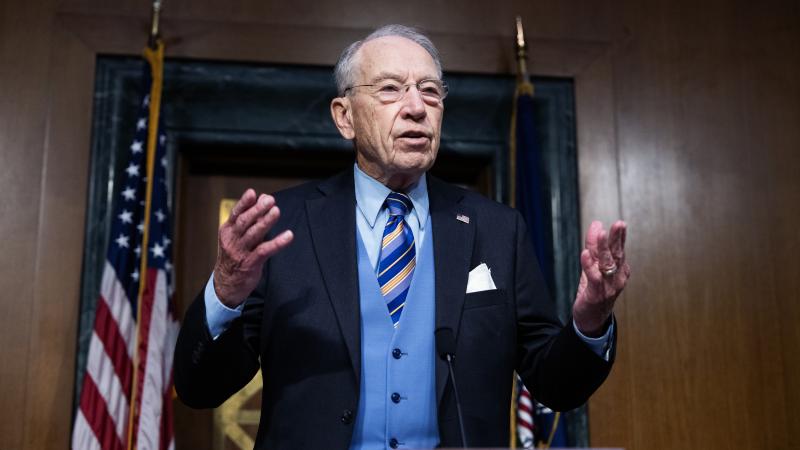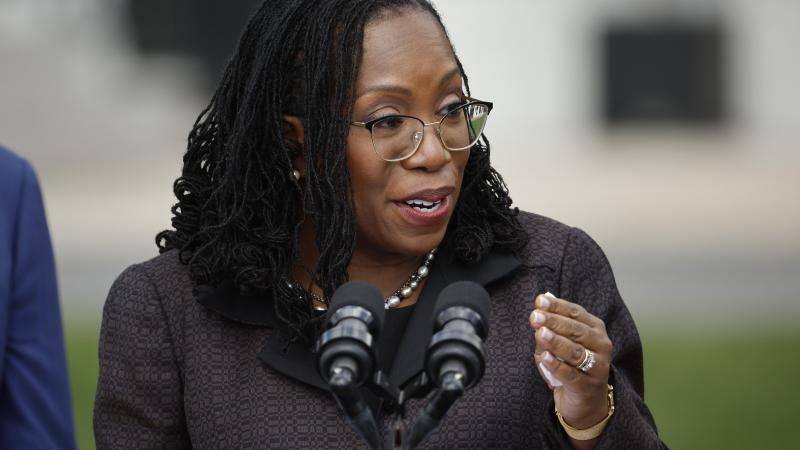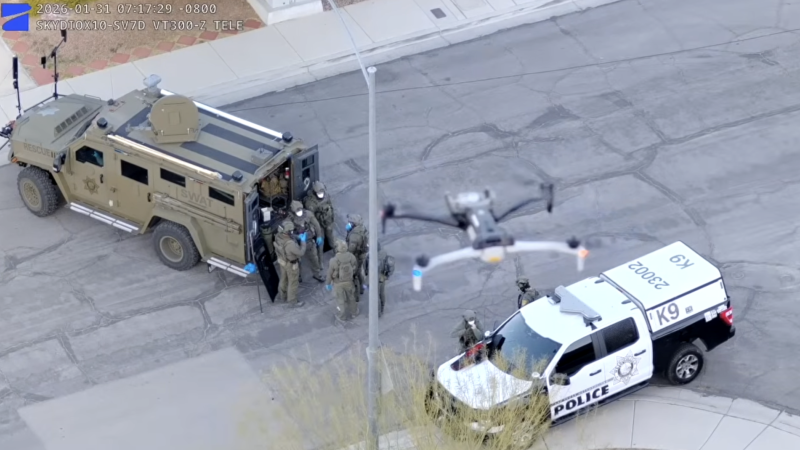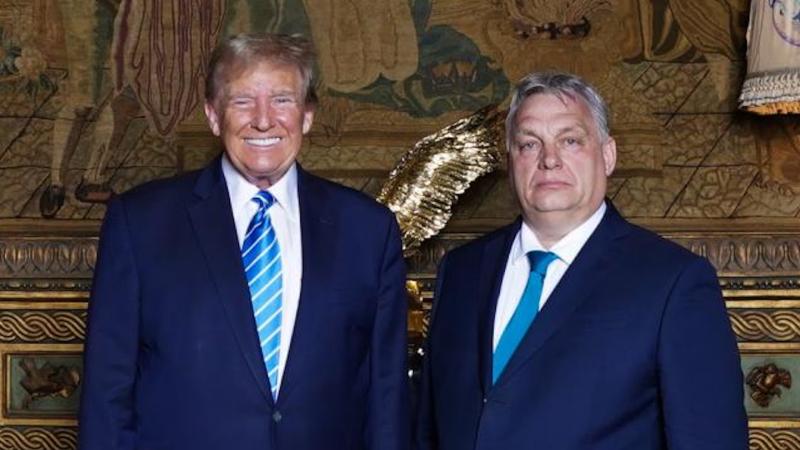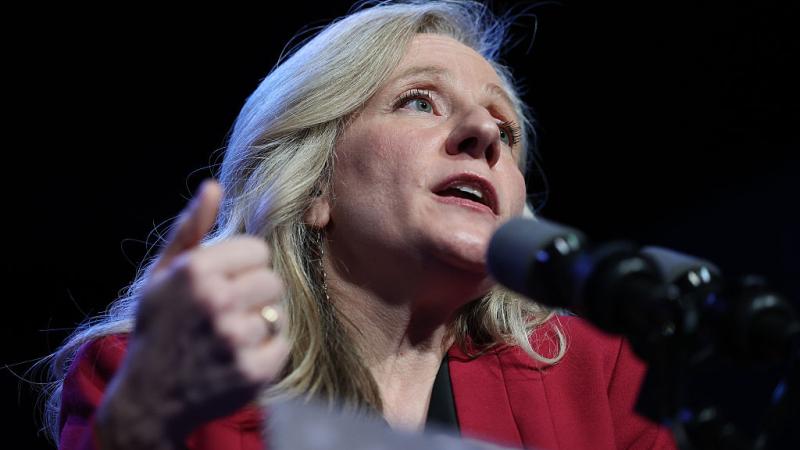Hong Kong protesters sentenced to nine years under new national security law
The protestor, who drove his motorcycle into police, is first person found guilt, sentenced under sweeping new law.
A Hong Kong court on Friday sentenced a 24-year-old resident to nine years in prison for terrorism and inciting secession, making him the first person to be found guilt and sentenced under a recently enacted national security law.
The resident, Tong Ying-kit, was found guilty Tuesday of the charges, for driving his motorcycle into a group of police officers last year while carrying a flag bearing the banned protest slogan "Liberate Hong Kong, revolution of our times," according to the Associated Press.
Tong faced life in prison and pleaded not guilty to the charges, arguing the slogan does not call for secession.
Three officers were injured in the July 12, 2020, incident.
Tong’s lawyers acknowledged their client drove dangerously but said his actions did not amount to terrorism. They also said he had been carrying first aid equipment, and that he had scheduled a lunch meeting with friends near the site of his collision with police, according to The New York Times.
The sweeping national security law was enacted last year by Hong Kong and China’s ruling communist party following the large-scale pro-democracy protest in 2019 in Hong Kong, a Chinese territory in which residents until recently have enjoyed more freedoms than those on the mainland.
The court proceedings, which ended July 20, were held in the Hong Kong High Court with no jury, under rules allowing the exception if state secrets need to be protected, foreign forces are involved or if the personal safety of jurors needs to be protected, the wire service also reports.
Trials are presided over by judges handpicked by Hong Kong leader Carrie Lam.
More than 100 people have been arrested under the legislation, with Tong’s trial expected to be the format for upcoming ones.
The verdict was immediately condemned by Amnesty International, which called it “the beginning of the end for freedom of expression in Hong Kong.”



